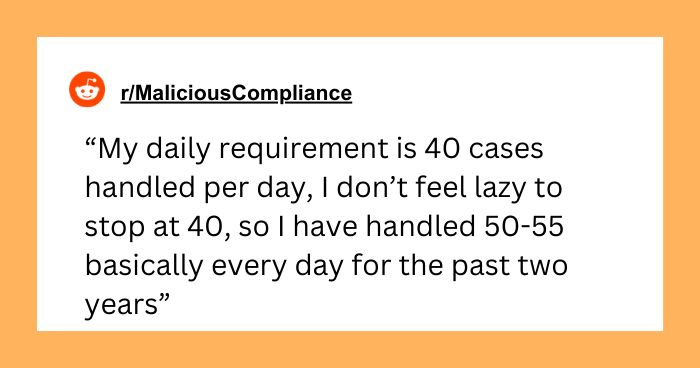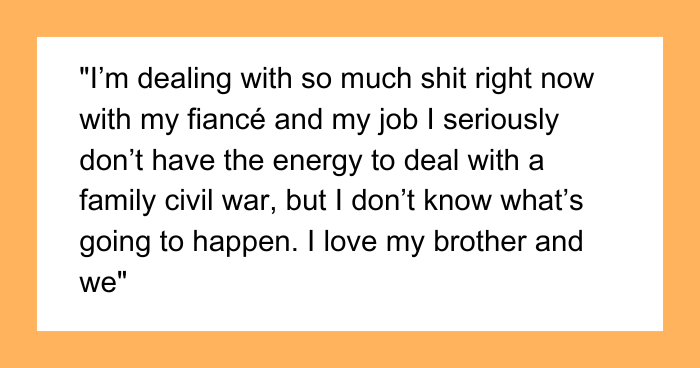Med Student Girlfriend Realizes Boyfriend’s Constant Questioning Hides Deeper Issues, Expert Weighs In
Respect and emotional support for each other are the most important parts of a good relationship. But when one partner uses insecurity as a tool by constantly questioning, gaslighting, and putting down the other person emotionally, the relationship quickly becomes toxic. This true story shows how a medical student dealt with and eventually got away from a bad relationship that was caused by her boyfriend’s intellectual jealousy and disrespect. The story shows how to spot the early signs of emotional abuse, how gaslighting works in relationships, and how important it is to respect yourself and heal emotionally after being betrayed.
Imagine spending hours at the hospital for a shift, yet your partner is right there to turn your downtime into a never-ending interrogation about everything medical
The author is a medical student with a boyfriend who hoped to get into med school, but didn’t

















Without respect, a relationship can’t last. But too often, unhealthy relationships are hidden behind “harmless curiosity” or “constructive criticism.” The medical student was stuck in a position where her boyfriend’s constant questions were not meant to help her learn, but to keep her in line. Instead of showing a healthy interest in her knowledge, his constant requests for answers, which were often based on false information, made the situation stressful and emotional. This behavior is a lot like the high-pressure “pimping” culture seen in clinical medicine (PubMed), but they’re using it in their personal life in the wrong way.
According to experts on emotional abuse, putting down a partner’s job or knowledge over and over again can really hurt their self-confidence. His actions made her back up everything he said with strong academic evidence while she blindly trusted unreliable people in his social group. This is a clear sign of gaslighting in relationships. Instead of boosting her confidence and skills, he kept trying to make her look less skilled and smart. This is a common pattern of narcissistic behavior that has been studied (Healthline).
When the man was finally told what happened, his response showed how emotionally toxic the relationship was. Instead of taking responsibility for his actions, he insulted her badly, attacking her worth, her career, and her future chances. His comments that she would “die alone,” “lawyers are smarter than doctors,” and that doctors are inherently narcissistic or mentally unstable are textbook examples of verbal abuse meant to cause long-lasting mental harm (Verywell Mind). Abusers use these methods, which are often based on deep insecurity, to bring down the victim’s self-esteem when they feel open or helpless.
He also admitted that he stayed in the relationship because he felt sorry for her and not because he loved or respected her. This is another example of manipulation. Abusers often try to change the past in order to feel better about themselves, which makes the victim feel more guilty than they should. In fact, real support during hard times, like medical school, should give a partner strength and confidence, not put them down or make them angry.
In the end, the relationship was a strong example of how emotional abuse can get worse when anger, jealousy, and disrespect are not dealt with. PsychCentral says that victims often take on blame and confusion on themselves before they can see the deeper patterns of influence. The medical student’s choice to end the relationship and talk to her boyfriend about it ended the cycle of abuse, giving her back her freedom and mental peace.
Netizens rallied around the author, insisting that the now ex-boyfriend had most likely been jealous that he didn’t get into med school


















